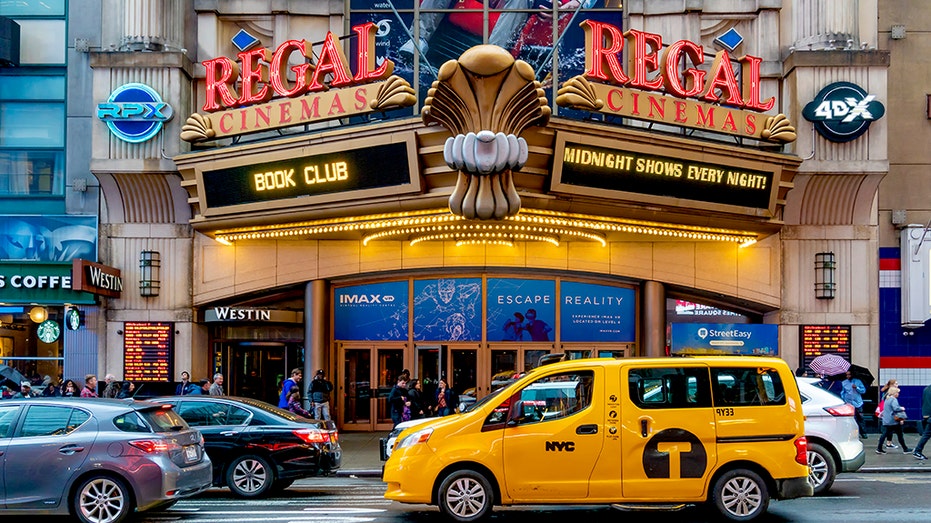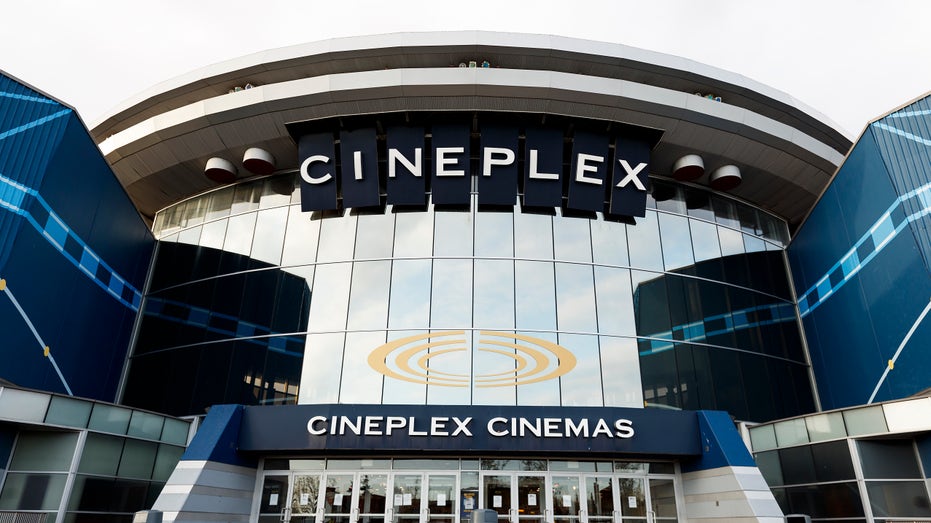Regal Cinemas parent Cineworld files for bankruptcy
Movie theaters are expected to operate as usual without interruption
Cineworld, the U.K. parent of Knoxville, Tennessee-based Regal Cinemas has filed for bankruptcy in the U.S.
The world’s second-largest cinema operator behind AMC Entertainment fell victim to COVID-19 lockdowns along with the failed acquisition of a Canadian movie chain and the successful acquisition of Regal, which weighed Cineworld down with enormous debt.
| Ticker | Security | Last | Change | Change % |
|---|---|---|---|---|
| CNWGY | NO DATA AVAILABLE | - | - | - |
| AMC | AMC ENTERTAINMENT HOLDINGS INC | 1.49 | +0.09 | +6.05% |
"The pandemic was an incredibly difficult time for our business, with the enforced closure of cinemas and huge disruption to film schedules that has led us to this point," said CEO Mooky Greidinger in a statement.
"The pandemic was an incredibly difficult time for our business, with the enforced closure of cinemas and huge disruption to film schedules that has led us to this point…"
The group warned last month that recent admission levels had been "below expectations" despite a gradual recovery of demand since theaters reopened from COVID-19 lockdowns in April 2021. Cineworld expects lower levels of admissions to continue until November due to a limited film slate.
During the restructuring process, the groups expects to operate its global business and cinemas as usual without interruption and currently anticipates emerging from Chapter 11 during the first quarter of 2023.
The group warned of a possible filing last month when it said management was weighing restructuring options including "a possible voluntary Chapter 11 filing in the United States and associated ancillary proceedings in other jurisdiction."

Cineworld, the owner of Regal Cinemas based in the UK, filed for Chapter 11 bankruptcy. (Photo by Susannah Ireland/AFP via Getty Images) / Getty Images) / Getty Images)
Bankruptcy allows Cineworld to access near-term liquidity and support the orderly implementation of a fully funded deleveraging transaction.
The bankruptcy filing comes with commitments for an approximate $1.94 billion debtor-in-possession financing facility from existing lenders, which will help ensure Cineworld's operations continue in the ordinary course while Cineworld implements its reorganization.
The group also plans to engage in collaborative discussions with US landlords to improve US cinema lease terms in an effort to further position Cineworld for long-term growth.
AMC CEO OPTIMISTIC ON FUTURE AS RIVAL CINEWORLD SHARES SINK
A bankruptcy would significantly dilute Cineworld’s existing equity interests, prompting major shareholders to trim their interests.
- Polaris Capital dumped its entire 3.52% investment.
- Jangho Group cut its holdings to 1.64% from 13.79%.
- Goldman Sachs reduced its stake to 0.007% from 1.54%.
The Greidinger family is the largest shareholder with a 20.08% ownership interest comprising 275.7 million shares.
Cineworld took on substantial debt when it bought Regal Cinemas for $23 per share in February 2018 in a transaction valued at $3.6 billion. Regal owns Regal Cinemas, United Artists and Hollywood Theaters.
Cineworld funded the purchase with a £1.7 billion rights offering plus an additional $4.1 billion raised through committed debt facilities. Cineworld also a $300 revolving debt facility. Since then, the company has taken on additional debt and had net debt of $8.88 billion as at December 31, 2021.

Cineplex Cinemas remain closed during the coronavirus pandemic on April 18, 2020 in Langley, Canada. COVID-19 has spread to most countries around the world, claiming more than 160,000 lives with over 2.3 million infected. (Photo by Andrew Chin/Getty
The company then tried to buy Canada’s Cineplex in December 2019 for $34 Canadian dollars per share in cash in a transaction valued at CA$2.8 billion. Cineworld backed out of the deal in June 2020 due to the COVID-19 outbreak. Cineplex sued. The Ontario Superior Court of Justice awarded Cineplex CA$1.24 billion for breach of contract and also denied Cineworld’s counterclaim.
Cineworld’s bankruptcy raised questions about competitor AMC Entertainment. AMC CEO Adam Aron said his situation is different due to its retail "Ape" investors who own a substantial portion of the company.
AMC
Cineworld has 9,139 screens at 747 sites. Regal Cinemas as 6,787 screens in 505 theatres in 42 states along with American Samoa, the District of Columbia, Guam and Saipan.




















